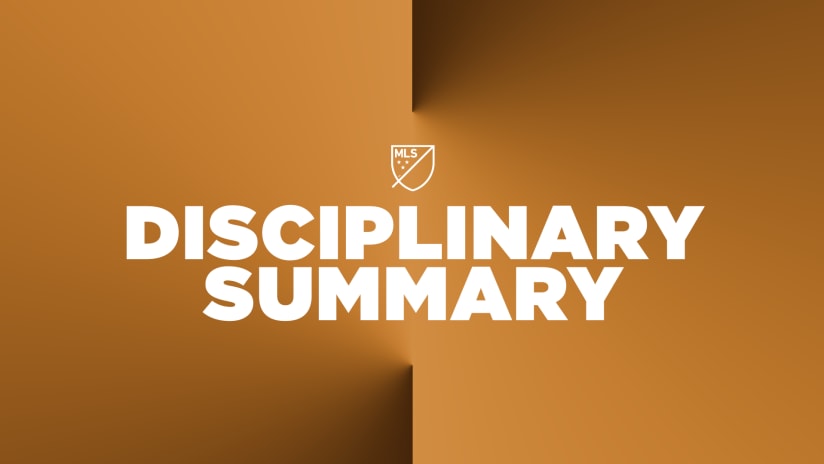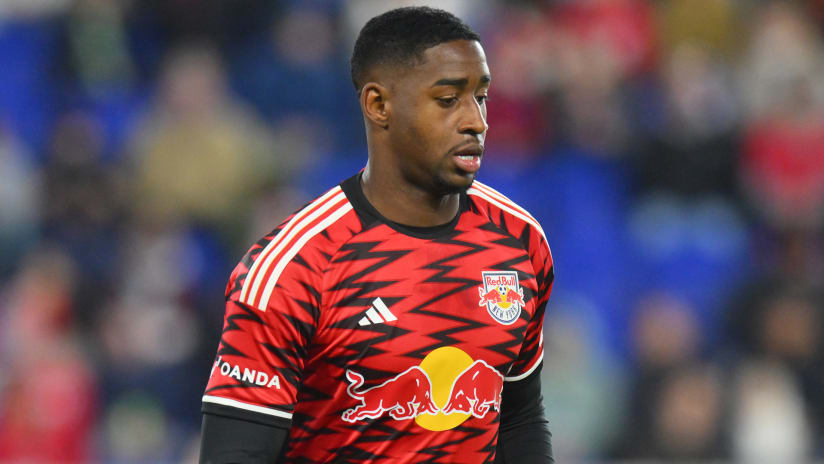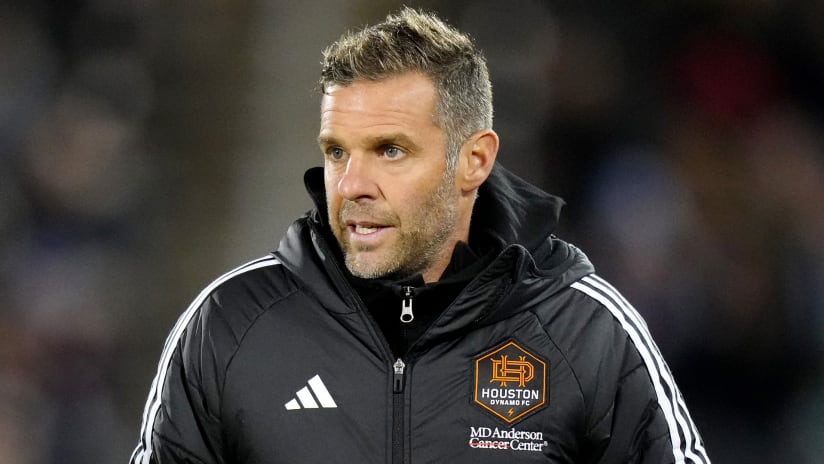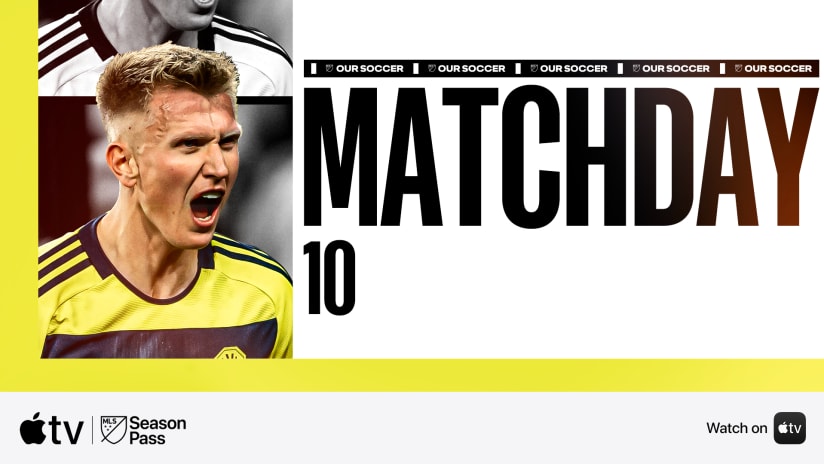A symbol of Mexican national pride for nearly a century, Club Deportivo Guadalajara (popularly known as "Chivas" or "Chivas de Guadalajara") is arguably Mexico's most popular and successful team. Founded in 1906 in the city of Guadalajara in Mexico by Edgar Eaveart, a native of Belgium, and a group of Belgian and French students, the club began as the amateur team: Club Union de Futbol. Not long after, the group broke up and created Club Deportivo Guadalajara in honor of their native city.
In 1908 the members that formed CD Guadalajara established a philosophy and tradition that would become a lasting image of the club and survive to this day. While the original Club Union was largely formed by Europeans in Mexico, by 1908 the membership of the club included many Mexican workers. Many of these workers were the ones who decided to break off and form their own club. Influenced by the revolutionary period that they were experiencing in Mexico, upon the formation of Club Guadalajara it was decided that the sporting club would only contain Mexican-born members.
In addition to sporting success, it was clear that one of the member's main goals was to celebrate and promote not only pride in their city, but also their nation and culture as a whole. Interestingly enough the members did not do away with all European influence. They decided to keep the red, white and blue colors of Club Union which had been chosen in tribute by Eaveart to his favorite club, FC Brugge of Belgium.
After winning 13 amateur titles in a total of 33 years, 1943 marked CD Guadalajara's debut as a professional club and while it would be more than a decade until their first championship, 1956 ushered in an incredible run now known as "el campeonismo."
The club won a total of seven titles in nine years and established themselves as the class of Mexican soccer. Many of the players from that period - such as defender Jose "Jamaicon" Villegas, midfielder Juan "Bigoton" Jasso, goalkeeper Jaime "Tubo" Gomez and goal scorer Salvador "Chava" Reyes - are now considered icons and legends. As a result of the team's incredible success during the period, they did several tours around the world playing exhibitions against such storied teams such as FC Barcelona.
It was at the dawn of Guadalajara's entry into the professional ranks that they were given their nickname, "Chivas," a name which means goat in Spanish and still sticks to this day. Following a 1-0 victory over Tampico in 1948, a reporter, incredulous that the club from Guadalajara had won the match, wrote that the team "plays like hopping goats." The label "Chivas" - initially began as an insult used by rivals - eventually stuck and became accepted and embraced by the club and its fans.
After such success in the '60s, a letdown was inevitable, and it was in the '70s that Chivas suffered through their worst decade. However the '80s represented a reemergence of sorts. In both 1982-83 and 1983-84 the club lost in the final, yet again claimed the title in 1986-87. The late '80s and early '90s, however, brought economic problems and a group of businessmen headed by Salvador Martinez Garza, the team and controlled the team for the next decade, turning the club into a marketing institution known as a "Promotora." In the '90s, the club was runner-up three times and won the Torneo Verano (summer championship) in 1997.
While the team suffered a few disappointing seasons as the century came to a close, the last year and a half has brought a resurgence that clearly shows Chivas to be one of Mexico's top teams. The team, largely relying on youngsters, has reached the quarterfinals in three of the last four seasons. They continue to be one most exciting teams to watch and one of the best supported. In the Clausura 2004, Chivas reached the championship final after defeating Atlante and Toluca, yet they saw their eleventh championship disappear in penalty kicks in one of the most awaited Mexican finals against UNAM Pumas, where they fell 5-4 in PKs (1-1 aggregate).
(sidebar)
After several difficult years at the start of this decade, CD Guadalajara have experienced a resurgence of late, reaching the final of the Clausura 2004 as well as reaching the quarterfinals of the liguilla (playoffs) of the Liga Mexicana de Fútbol in four of the last five seasons and installing themselves as one of the favorites to vie for the championship in the upcoming season.
Guadalajara played the championship final of the Clausura 2004 after eliminating Atlante and Toluca (2-1 on aggregate). However, Chivas fell 5-4 on penalty kicks, 1-1 on aggregate versus UNAM Pumas. The team coached by Hans Westerhoff finished the regular season with a 10-5-4 record, 34 points in 19 games.
In the 2003 Torneo Clausura, Chivas recorded 31 points from eight victories, four losses and seven draws, just four points off the league leaders, CA Monarcas Morelia. The squad advanced to the quarterfinals of the playoffs where they lost a difficult series 5-3 on aggregate to Morelia, the eventual runner-up to CF Monterrey. In the first half of the 2002-03 year, Chivas also reached the quarterfinals before also losing to the eventual champion, CD Toluca FC.
Yet there is much optimism and hope surrounding Chivas due to the makeup of the team. With a foundation of several key veterans who offer leadership and experience, the team is also built around youth, thus giving them an energetic, determined team at the moment, while also building for the future. This mentality of trying to develop young players has been largely cemented by new owner Jorge Vergara, who along with club management, has focused on using young players that have come up through the team's system rather than trying to sign high-priced stars from other teams.
The leaders of the club are goalkeeper Oswaldo Sanchez and midfielder Ramon Morales, names that should be well known to fans in the USA as players who represented their country in the most recent World Cup.
The club has also recently made a number of big acquisitions that have added greatly to the recent success of the club. Several games into the Apertura 2003 season, the club signed well known Mexican offensive threat, Francisco "Paco" Palencia. The club also improved their attack by adding Adolfo "el Bofo" Bautista from Mexican club Pachuca. Bautista is not only one of Chivas' standout players up top, but he is also one of the leading strikers on the Mexican National Team. In his first season, Bautista scored 10 goals in 24 games. The club from Guadalajara also strengthened its defense and wingplay by adding wingback and Mexican National Team veteran Salvador Carmona from Toluca.
Yet while Chivas' roaster boasts a number of veterans with international experience, the youngsters of Chivas have begun to make their mark on the international scene. Several players of Chivas were key members of the Mexican Olympic Team that defeated the U.S. 4-0 to qualify for the competition in Athens. These players include central defender Francisco "Maza" Rodriguez who has also played for the Senior Squad and midfielder Luis Alonso "El Negro" Sandoval. Twenty-four year old striker Omar Bravo, who scored 10 goals this season, is a regular member of the National Team and has been called up as one of three possible over-age players who will participate in the Olympics.










